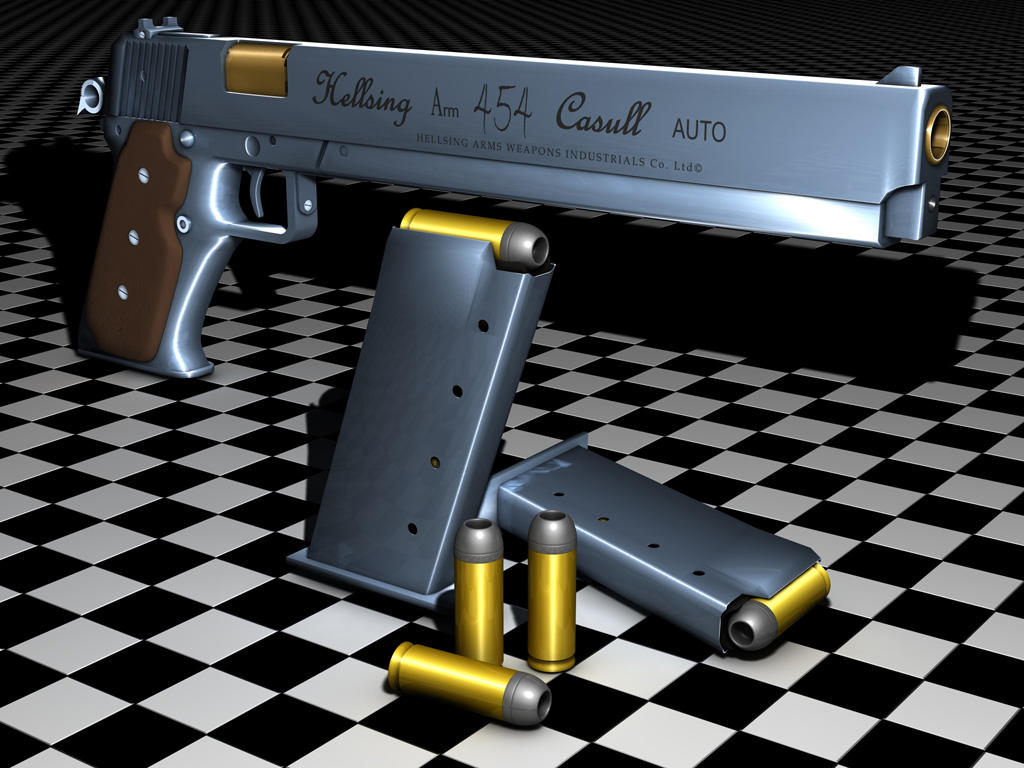Choosing the ideal ammunition for your hunting adventures is crucial for both the success of your hunt and the ethical harvesting of game. Here our aim to help hunters, whether novices or seasoned veterans, select the best ammunition for their specific needs, focusing on factors such as the game being hunted, the hunting environment, ballistic characteristics, and legal considerations.
Understanding Your Target
The first step in selecting the ideal ammo is to consider the game you’re targeting. Different animals require different power and penetration levels for a humane kill. For instance, small game such as rabbits or squirrels can be ethically hunted with .22 LR or similar small calibers, which provide enough force without causing unnecessary damage. Conversely, larger game like deer, elk, or bear necessitates larger calibers such as .308 Winchester, .30-06 Springfield, or even larger magnum calibers to ensure a clean, ethical kill through proper penetration and energy transfer. For particularly tough or large game, a powerful option like the .454 Casull can offer the necessary stopping power, though it’s important to consider recoil and shooter comfort.
Ballistics and Performance
Once you’ve identified the appropriate caliber, delve into the ballistics of potential ammunition. Ballistics can be broadly divided into internal (how the ammo behaves within the firearm), external (the projectile’s path to the target), and terminal (the bullet’s performance upon impact). Hunters should prioritize terminal ballistics, looking for rounds that offer consistent expansion, deep penetration, and maximum energy transfer to quickly and humanely take down the game.
- Bullet Design: Soft point (SP) and expanding hollow point (HP) bullets are popular choices due to their controlled expansion and ability to cause immediate incapacitation. For larger, tougher game, bonded bullets or copper solids offer deep penetration and reliable performance through tough hide and bone.
- Energy and Velocity: A bullet’s energy, measured in foot-pounds (ft-lbs), and its velocity, measured in feet per second (fps), are critical. High energy and velocity ensure the bullet reaches the target with enough force to penetrate and expand, but balance is key to avoid over-penetration or excessive meat damage.
Environmental Considerations
The environment in which you plan to hunt significantly affects ammunition choice. For dense forests or brush, heavier, slower bullets that can maintain a straight path despite obstacles are preferable. In contrast, open plains hunting may benefit from lighter, faster bullets that offer a flatter trajectory for longer shots.
Legal Requirements
Check the legal requirements for hunting in your area, as regulations regarding allowable calibers, bullet types, and even lead content can vary widely. Some regions have restrictions on lead ammunition due to its environmental impact, prompting hunters to switch to lead-free alternatives such as copper.
Practical Considerations
- Recoil: Heavier calibers generally produce more recoil, which can affect shot accuracy and comfort. Choose a caliber you can shoot comfortably and accurately.
- Ammunition Availability: Consider the availability and cost of your chosen ammo. More common calibers like .308 Winchester or .30-06 Springfield are widely available and offer a broad range of bullet types for different hunting applications.
- Practice Makes Perfect: Regardless of the ammunition you choose, nothing replaces practice. Spend time at the range with your selected ammo to understand its behavior, trajectory, and how to shoot it accurately under various conditions.
Customization and Reloading
For those looking to fine-tune their ammunition to their specific needs, reloading can be a valuable skill. Reloading allows hunters to customize loads for optimal performance, but it requires a deep understanding of ballistics and safety considerations. While not for everyone, reloading can be a rewarding endeavor for the dedicated hunter seeking maximum performance from their ammunition.
Conclusion
Choosing the right ammunition for your hunting adventures is a nuanced decision that balances ethical considerations, legal requirements, and personal preferences. By understanding the game you’re pursuing, the environment you’ll be hunting in, and the ballistic characteristics of your ammunition, you can select ammo that ensures a successful, humane hunt. Remember, the best ammunition is the one that meets your needs while respecting the ethical considerations of hunting. Practice with your chosen rounds, understand their performance, and always aim for a clean, ethical kill.

